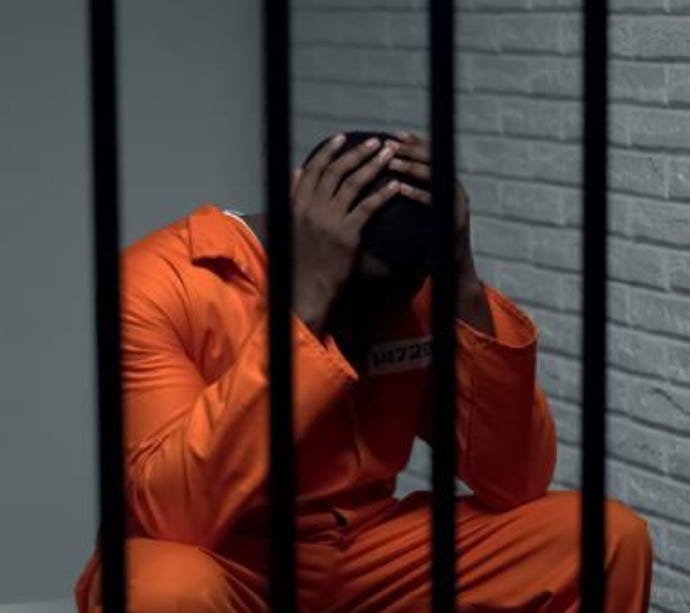REQUIEM
I have already told you that my novel RUNNING AS FAST AS I CAN was rejected 200 times by literary agents and publishers until it was finally picked up by an outsider publisher named Don Quixote Press. They specialize in outsider stories by outsider writers like me. And the rest was history.
RUNNING AS FAST AS I CAN has now garnered 33 awards, sold more than 12,000 copies, and most important, gotten rave reviews from readers.
Here are just a couple samples.
“Without a doubt, this book is the best I have read in a very long time, and I read a lot.”
“The author’s style just grabbed me and kept me reading.”
But the one comment I heard again and again went something like this:
“I didn’t want it to end.”
“It was so good I hated for it to end.”
“I pray that John Graham is already working on his second book!”
After writing this novel for ten agonizing years, I couldn’t imagine spending another ten years writing a second novel from scratch. But then I realized these readers already gave me the next story. They were asking what happens to Daniel, Charles and the three kids after that tragic event? (You have to read RUNNING to know what that is.) Did Charles ever find justice for his twenty years in prison for a crime he didn’t commit? Was John Brookfield ever held accountable for what he did to all of them?
So I sat down and started writing last month, following all these familiar characters as they tried to somehow heal their broken lives and find justice—and forgiveness. I call it REQUIEM.
Like RUNNING, there is an element of political intrigue in REQUIEM, but it is not limited to Salem Hill. This time Charles, a man with just a fourth-grade education, who spent twenty years in prison for a crime he did not commit, confronts the most powerful men in Washington to find justice for his family.
Ironically, this story is being written for me every day in the newspapers with our current administration. I don’t know where the political intrigue will lead me before it is done, but I do know this book, like RUNNING, will also be an intense emotional journey for readers. After all, when it comes to politics, you can never be too paranoid about anything coming out of Washington!
Let me share the opening scene with you.
REQUIEM
Standing on the steps of the Cannon Office building, Charles hesitated, then looked up at the massive structure in front of him. He caught his breath. He had never been in Washington before, or even out of Ohio for that matter. For most of his life he wasn’t allowed to go anywhere without permission. What am I doing here? He asked that question too many times driving from Ohio with Susan.
Captain Sellers’ words echoed in his head. You have to tell them what really happened. Charles had known the Salem Hill policeman mostly through Daniel. He thought he was a decent man, and Daniel always spoke well of him since that mob incident thirty-five years ago. But Charles was never comfortable with anyone in uniform, especially a white man. Twenty years in prison can do that.
“If you’re worried about your safety, we can protect you,” Sellers told him. That’s what the warden at Mansfield Reformatory said too. But the warden wasn’t in the prison laundry when those Aryans found him. Charles still remembered their eyes like it was yesterday. “Empty.” That’s how he described them to Daniel the one time he ever mentioned that day. “Like they were dead already.” He fought back, but it did no good. He just prayed they’d let him live. They did. Barely.
He was two weeks in the infirmary. His nose badly broken, it was nearly three days before he could open his eyes. By the end of the week, he still struggled to walk. The doctor said there was a lot of rectal tearing, but it would heal. It would just take time. Time. That was all he had in Mansfield. Forty years, the judge said. But now Charles didn’t know if he could survive another week.
The chaplain said he had to tell the guards who did this to him. What else could a scared eighteen-year-old kid do? But the guards don’t run the prison. The gangs do, and the Aryans kept coming back again and again, until Charles was finally transferred to the hole. That was a dank solitary confinement cell, with nothing but a toilet and metal bunk, where he was locked down twenty-three hours a day, with cockroaches and rats crawling over him at night as his only companions. But it was quiet. At first the silence was comforting—away from the main cell block where twelve hundred men were caged six stories high in a single cavernous cement block room, the temperature hovering near ninety-five degrees in summer, near freezing in winter—and the never-ending screams that were maddening. But the hole could be maddening in a different way. Slower, more subtle. Alone. And those who hung themselves with a bed sheet, or cut their wrists with a metal shard and bled to death, proved it.
But Charles survived. He always survived. So why should he trust a white man now?
Author’s note: I’ll keep you updated as this story progresses. If all goes well, I hope to have it done in a year. And this time I won’t have to worry about 200 rejections. Don Quixote Press has already agreed to publish it. Welcome aboard for the ride—and buckle up!
Facebook
Instagram
Twitter (X)
TikTok
Goodreads
BookBub
Podcasts
LinkedIN







